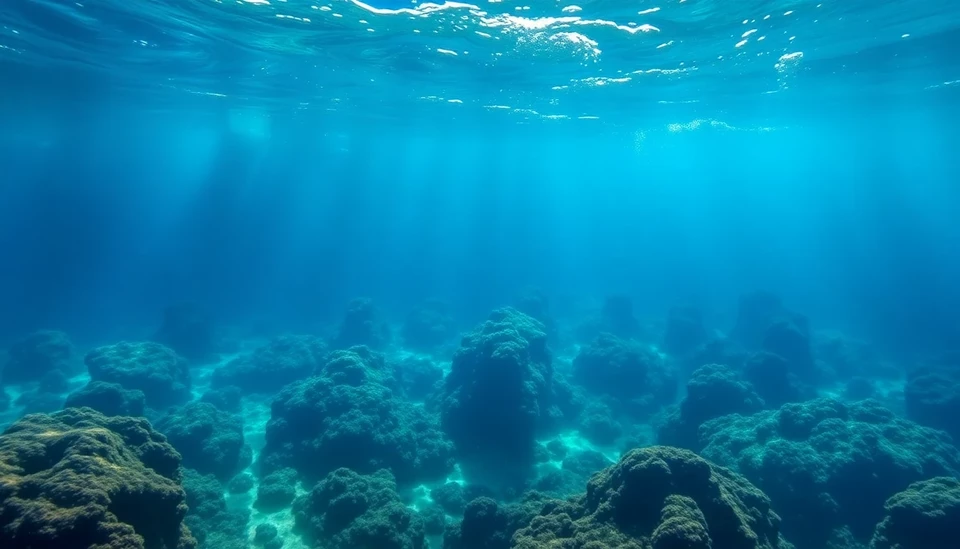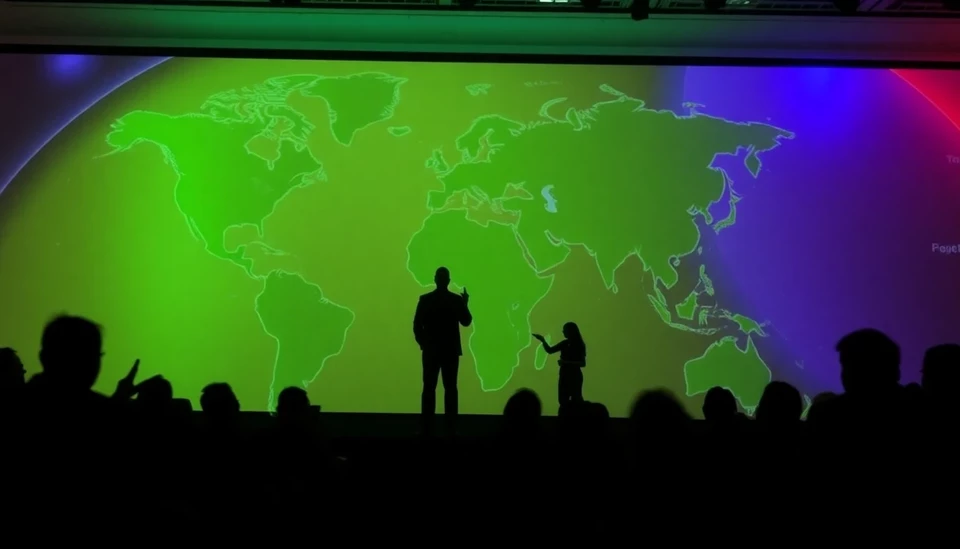
The ongoing discussions surrounding COP29 have brought climate change issues to the forefront, yet an essential component of the conversation appears to be taking a backseat—the oceans. As global leaders gather to address the urgent need for climate action, the health of our oceans remains alarmingly underrepresented in the dialogue.
For decades, the rise of sea levels, ocean acidification, and the alarming decrease in marine biodiversity have been pressing issues that threaten our ecosystems and invite catastrophe for coastal communities. Marine scientists have been voicing their concerns over the vast impact climate change has on oceanic health, emphasizing that oceans not only absorb excess carbon dioxide but also provide critical resources for millions of people worldwide.
Despite these challenges, oceans are scarcely mentioned in the primary agendas of COP conferences. The 2024 COP29 is no exception. Environmental advocates are urging participants to acknowledge the integral role that oceans play in regulating the climate and the need for comprehensive strategies that include ocean conservation and restoration.
The lack of focus on oceans at such a crucial conference raises questions about our priorities in the fight against climate change. Disregarding the oceans not only threatens marine life but also the livelihoods of those who depend on the sea for their economic survival. Additionally, oceans act as significant carbon sinks, making their health a pivotal aspect of mitigating climate impacts.
Experts have highlighted that advocating for oceanic health could result in more robust climate commitments. The United Nations Sustainable Development Goals stress the importance of protecting marine ecosystems and restoring them to their natural state. Nevertheless, the complexity and the vastness of oceanic challenges often lead to them being overshadowed by more terrestrial-centric discussions.
As delegates continue their negotiations at COP29, calls intensify for a shift in focus towards marine initiatives. Proponents for a more ocean-centered narrative argue that addressing the crisis affecting oceans could yield multiple benefits — not only for marine biodiversity but also for global climate strategies.
In light of this, an increasing number of organizations and advocates are uniting to bring ocean issues to the forefront, arguing that any meaningful climate action must integrate marine conservation. They push for policy advancements aimed at creating marine protected areas, regulating fishing practices, and fostering sustainable use of marine resources.
As COP29 progresses, the hope is that oceans will finally receive the attention they deserve in climate negotiations. With the future of our planet hanging in the balance, it is essential to recognize that our oceans are more than just resources; they are vital to the health of our planet and, consequently, to humanity's survival.
It is time for a collective awakening to the urgent need to incorporate ocean health into our climate policy frameworks. Only then can we start making informed decisions that will pave the way towards a sustainable future.
#COP29 #ClimateChange #OceansMatter #MarineConservation #ClimateAction #SustainableDevelopmentGoals
Author: Sophie Bennett




